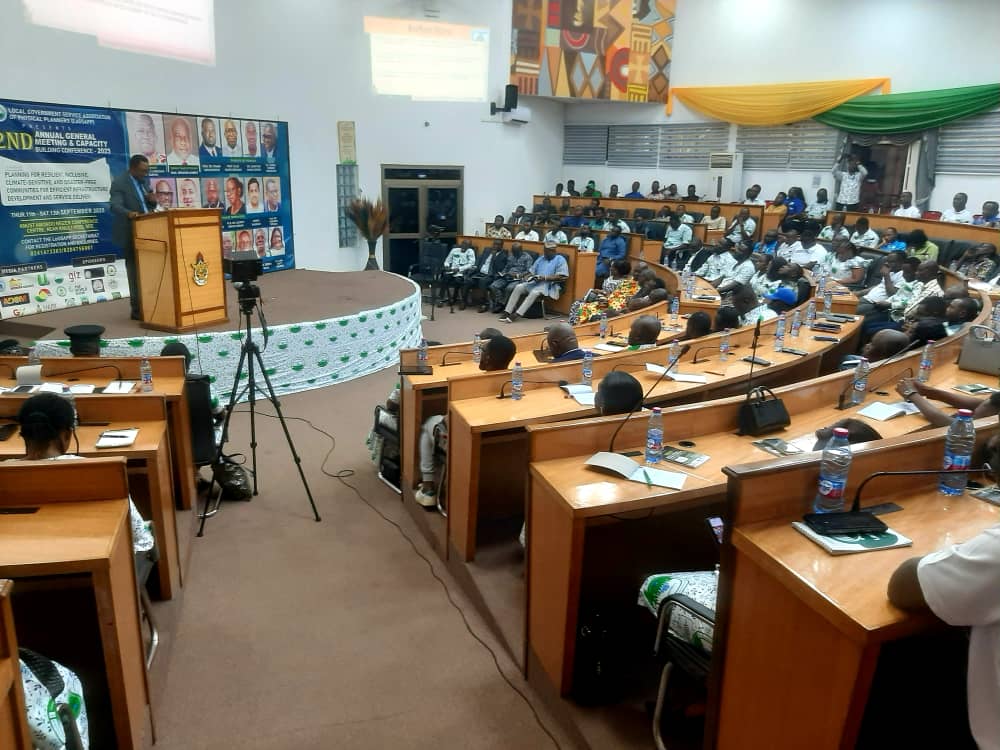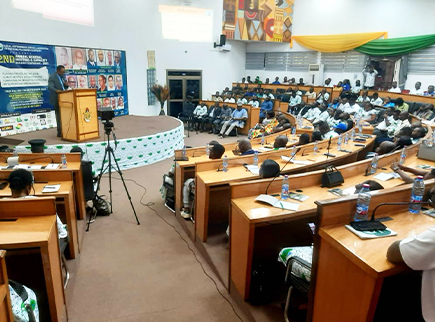Mr Ahmed Ibrahim, the Minister of Local Government, Chieftaincy and Religious Affairs, has admonished physical Planners against charging fees in the issuance of building permits.
He said the practice remained unlawful under the Local Government Act, saying culprits would be sanctioned accordingly.
Mr Ibrahim gave the advice in a speech read on his behalf at the Second Annual General Meeting (AGM) of the Local Government Service Association of Physical Planners (LOGSAPP) in Kumasi.
The two-day AGM and capacity building conference was on the theme: “Planning for resilient, inclusive, climate-sensitive and disaster-free communities for efficient infrastructure development and service delivery”.
The meeting which had participants from government agencies, security services, academia, traditional authorities, student planners and climate and environmental experts, was sponsored by the World Bank (WB) and the German Development Cooperation (GIZ).
It sought to discuss pertinent issues and emerging challenges in the nation’s physical planning development and create a common platform for the participants to collaborate and brainstorm to proffer sustainable solutions.
It was also to strengthen collaborations between multi-sector stakeholders to formulate workable strategies to build resilient, sustainable and climate smart infrastructural systems.

Mr Ibrahim warned that the collection of fees from applicants was deemed fraudulent and punishable by law.
He said the government with support from the WB had launched the Sustainable Cities Strategies for Ghana project, reaffirming its commitment to building a cleaner and more resilient environment.
He explained that under the implementation of the project, 95 per cent of resources of the various Metropolitan, Municipal and District Assemblies were allocated for physical infrastructure development.
That would lead to construction of roads, health and education facilities as well as water provision and construction of 24-hour markets to advance the “24-hour economy.”
Mr Ibrahim noted that spatial planning development remained central in pushing infrastructure development and remained a key driver for improved human settlements, adding that the government was also developing policies, guidelines and working manual to help in preparation of spatial planning.
Dr Kwadwo Yeboah, the Chief Executive Officer of the Land Use and Spatial Planning Authority, urged the physical planners to leverage technologies and digitise their resources mobilisation systems for effective services delivery that would improve efficiency, transparency and accountability.
He called for effective coordination and collaboration, asking them to foster partnerships and actively engage local communities and stakeholders for improved spatial planning development.

